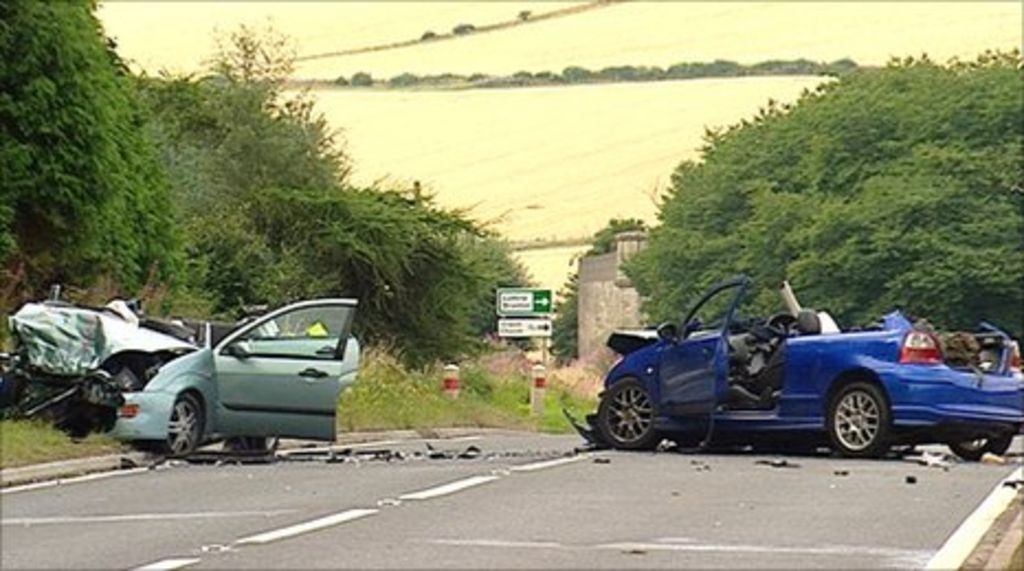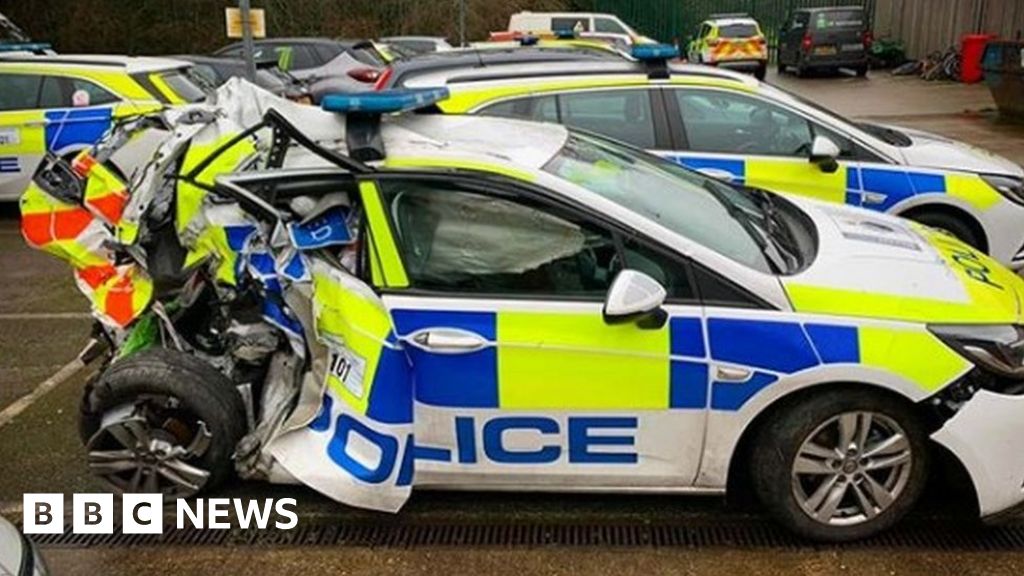Car crashes in the UK remain a significant concern for road safety enthusiasts and policymakers alike. Every year, thousands of accidents occur on British roads, resulting in injuries, fatalities, and substantial economic losses. Understanding the causes, statistics, and preventive measures surrounding car crashes is crucial to improving road safety and protecting lives.
Driving is an essential part of daily life in the UK, but it comes with inherent risks. From human error to adverse weather conditions, numerous factors contribute to car accidents. This article aims to provide a detailed overview of car crashes in the UK, offering insights into their causes, impacts, and solutions.
By exploring the latest statistics, expert analysis, and practical advice, this guide serves as a valuable resource for drivers, policymakers, and anyone interested in enhancing road safety. Let's delve deeper into the world of car crashes in the UK and uncover actionable insights to prevent future accidents.
Read also:Gia Zavala Damon Rising Star In The Spotlight
Table of Contents
- Introduction
- Car Crash Statistics in the UK
- Common Causes of Car Crashes in the UK
- Types of Car Crashes
- Legal Implications of Car Crashes
- Preventing Car Crashes
- Role of Technology in Reducing Car Crashes
- Impact on Car Insurance
- Mental Health Impact of Car Crashes
- Future Trends in Road Safety
- Conclusion
Car Crash Statistics in the UK
Understanding the scale of car crashes in the UK requires examining the latest statistics. According to the Department for Transport (DfT), there were approximately 112,000 reported road accidents in 2022 alone, resulting in 1,480 fatalities and over 25,000 serious injuries.
Key Statistics:
- One in five accidents involves a pedestrian or cyclist.
- Young drivers aged 17-24 account for a disproportionately high number of accidents.
- Alcohol-related crashes account for 16% of all fatal accidents.
These figures highlight the urgent need for improved road safety measures and public awareness campaigns. By analyzing trends and identifying high-risk areas, policymakers can develop targeted interventions to reduce car crashes in the UK.
Regional Variations in Car Crash Statistics
Car crash statistics vary significantly across different regions in the UK. Urban areas tend to experience more accidents due to higher traffic volumes, while rural roads are associated with higher fatality rates due to higher speeds and limited emergency services.
Common Causes of Car Crashes in the UK
Several factors contribute to car crashes in the UK. Identifying these causes is essential for implementing effective preventive measures.
Human Error
Human error remains the leading cause of car crashes in the UK. Distractions such as texting while driving, eating, or adjusting the radio can significantly impair a driver's focus. Studies show that distracted driving increases the risk of accidents by up to 23 times.
Read also:Tailblazer Kemono The Ultimate Guide To Exploring A Cultural Phenomenon
Speeding
Exceeding the speed limit is another major contributor to car crashes. Speeding reduces reaction time and increases the severity of accidents. According to the Royal Society for the Prevention of Accidents (RoSPA), a 1% reduction in average speed can result in a 4% decrease in fatal accidents.
Weather Conditions
Adverse weather conditions, such as rain, snow, and fog, pose significant challenges for drivers. Wet roads increase stopping distances, while icy conditions can cause vehicles to lose traction. Drivers must adjust their speed and maintain safe distances in such conditions to avoid accidents.
Types of Car Crashes
Car crashes in the UK can be categorized into several types, each with distinct characteristics and causes.
Head-On Collisions
Head-on collisions occur when two vehicles traveling in opposite directions collide. These accidents are often severe due to the combined speed of both vehicles. Lane discipline and proper road markings are critical in preventing head-on collisions.
Rear-End Collisions
Rear-end collisions are the most common type of car crash, typically caused by tailgating or sudden braking. Maintaining a safe following distance is essential to avoid rear-end collisions.
Single-Vehicle Accidents
Single-vehicle accidents involve only one car and often result from driver error or adverse road conditions. These accidents highlight the importance of defensive driving and regular vehicle maintenance.
Legal Implications of Car Crashes
Car crashes in the UK have significant legal implications for all parties involved. Understanding the legal framework surrounding accidents is crucial for protecting your rights and ensuring justice.
Reporting Accidents
By law, all car crashes resulting in injury or damage must be reported to the police within 24 hours. Failure to do so can result in penalties, including fines or even imprisonment.
Insurance Claims
Following a car crash, drivers must notify their insurance providers promptly. Insurance companies will investigate the incident and determine liability before processing claims. It is essential to gather all relevant evidence, including photographs, witness statements, and police reports, to support your claim.
Preventing Car Crashes
Preventing car crashes requires a combination of education, technology, and infrastructure improvements. By adopting proactive measures, drivers can significantly reduce the risk of accidents.
Driver Education
Comprehensive driver education programs play a vital role in promoting road safety. These programs cover essential topics such as defensive driving, hazard perception, and emergency response. Regular refresher courses can also help experienced drivers stay updated on the latest safety practices.
Road Infrastructure
Investing in road infrastructure is crucial for reducing car crashes. Improvements such as better lighting, clear signage, and well-maintained road surfaces can enhance visibility and reduce driver fatigue. Additionally, implementing smart traffic management systems can optimize traffic flow and minimize congestion-related accidents.
Role of Technology in Reducing Car Crashes
Advancements in technology offer promising solutions for reducing car crashes in the UK. From autonomous vehicles to advanced driver-assistance systems (ADAS), these innovations are transforming the driving experience.
Autonomous Vehicles
Autonomous vehicles have the potential to eliminate human error, one of the leading causes of car crashes. These vehicles use sensors, cameras, and artificial intelligence to navigate roads safely, reacting faster than human drivers to potential hazards.
ADAS Features
Modern vehicles are equipped with various ADAS features, such as lane-keeping assistance, adaptive cruise control, and automatic emergency braking. These systems provide drivers with real-time feedback and intervene when necessary to prevent accidents.
Impact on Car Insurance
Car crashes have a direct impact on car insurance premiums. Frequent accidents or serious violations can lead to increased premiums or even policy cancellations. Drivers must prioritize safe driving practices to maintain affordable insurance rates.
Claims History
Your claims history significantly influences your insurance premiums. A clean driving record can result in substantial discounts, while multiple claims may lead to higher costs. Some insurers offer telematics-based policies, where premiums are adjusted based on actual driving behavior.
No Claims Bonus
Accident-free driving can earn you a no claims bonus, reducing your insurance premiums over time. Maintaining a clean record is essential for maximizing this benefit and ensuring long-term savings.
Mental Health Impact of Car Crashes
Car crashes can have lasting effects on the mental health of those involved. Survivors may experience post-traumatic stress disorder (PTSD), anxiety, or depression, impacting their daily lives and relationships.
Support Systems
Access to professional counseling and support groups is crucial for individuals affected by car crashes. These resources provide a safe space to process emotions and develop coping strategies. Family and friends also play a vital role in supporting survivors during their recovery journey.
Raising Awareness
Raising awareness about the mental health impact of car crashes is essential for reducing stigma and encouraging individuals to seek help. Organizations such as Brake and RoadPeace offer valuable resources and advocacy for road crash victims and their families.
Future Trends in Road Safety
The future of road safety in the UK looks promising, with ongoing research and development in various areas. From smart cities to enhanced vehicle safety features, these innovations aim to create a safer driving environment for everyone.
Smart Cities
Smart cities leverage technology to improve traffic management, reduce congestion, and enhance road safety. By integrating real-time data and analytics, these cities can identify high-risk areas and implement targeted interventions to prevent accidents.
Enhanced Vehicle Safety
Vehicle manufacturers continue to invest in advanced safety features, such as collision avoidance systems and improved crash test standards. These innovations aim to minimize the severity of accidents and protect occupants in the event of a crash.
Conclusion
Car crashes in the UK remain a significant challenge, but with the right strategies and interventions, we can make our roads safer for everyone. By understanding the causes, statistics, and preventive measures surrounding car crashes, we can work towards reducing accidents and protecting lives.
We encourage readers to share this article with friends and family, raising awareness about road safety. Additionally, consider exploring other resources on our website for more insights into driving safety and related topics. Together, we can create a safer driving environment for all.
Have any questions or comments? Feel free to leave a message below, and we'll be happy to assist you further.


